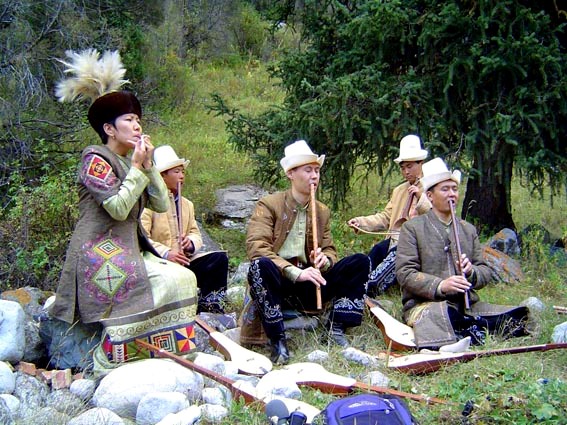I was interested in the discussion on Michael Church's new book The Other Classical Musics on today's Music Matters. Robin Denselow had some concerns about the "classical" definition, and perhaps the extent to which it is possible to isolate these traditions from popular or folk traditions. I think Michael Church acknowledges the difficulties of this categorisation at the end of this article:
Anyway, I would very much like to read Church's book, and I only wish we would get more coverage of some of these musics on R3, in dedicated programmes.
Anyway, I would very much like to read Church's book, and I only wish we would get more coverage of some of these musics on R3, in dedicated programmes.


Comment